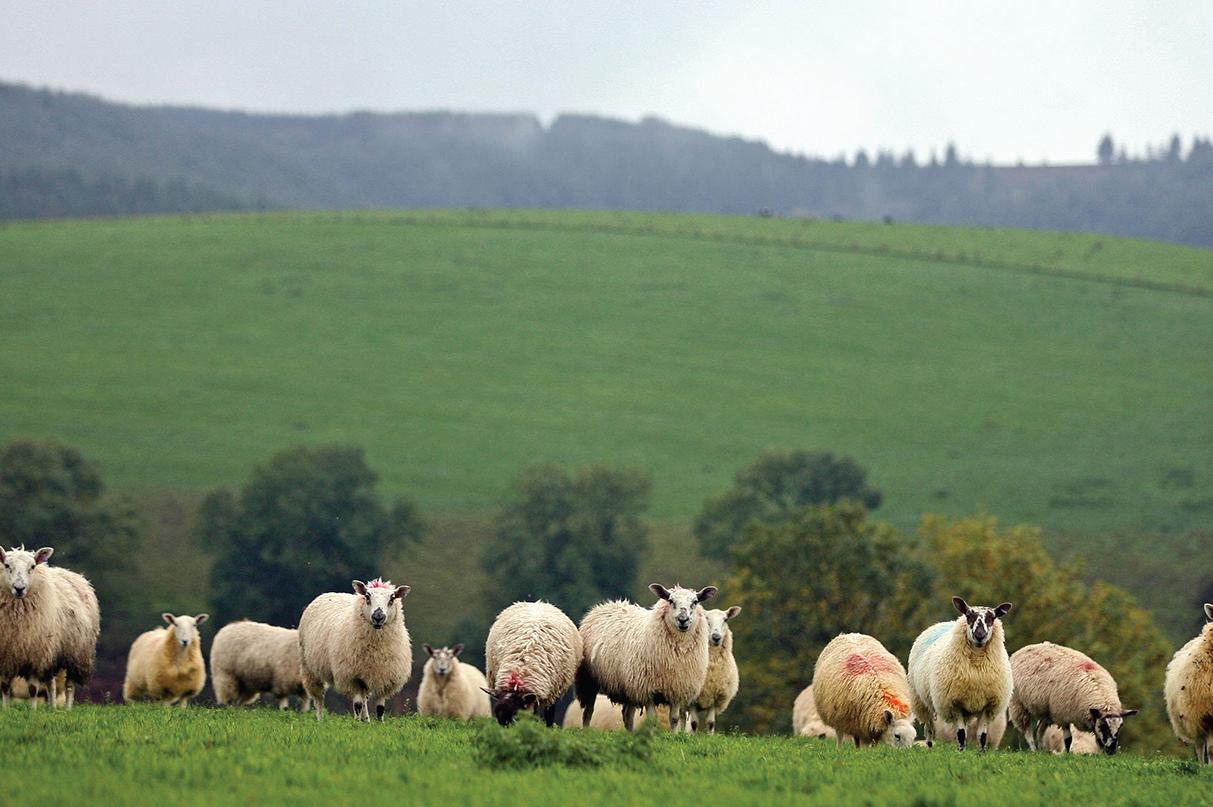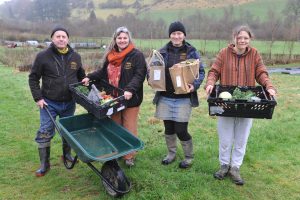
THE ELECTION on May 7 is widely touted as being one of the closest of recent times. Away from the photo opportunities and soundbites, farmers around the UK are keeping a close eye on political developments.
Both the FUW and the NFU have made no bones that they are looking towards central government to support farming and the wider agricultural industry. With votes precious, the question is how far political parties are prepared to bend their policies to meet farmers’ expectations. While votes in the shires of England tend to aggregate towards the Conservatives, the picture in Wales is rather more complex.
For a start, there are more small independent farms per head of population than there are in England and income from agriculture and food production make up a larger part of Wales’ own domestic product.
When one focuses on the commitments of the larger parties in Wales, there is little meat in any of the manifestos, which focus on large picture macro-economic concerns rather than practical proposals to improve the lot of farmers and agricultural workers and farming communities in the short to medium term.
The Conservative manifesto has promised a lot for the longer term:
- 25 year growth plan for food industry
- Commitment to 25 year TB strategy (including culling)
- 5 year tax averaging
- Single farm inspection taskforce to co-ordinate visits, including Red Tractor
- Treble food, farming and Agri-tech apprenticeships
- Great British Food Unit to promote British exports
- Push for Country of Origin Labelling for dairy in Europe
The long term is all very well, but at a time when farming incomes for family farms are being squeezed tighter than ever, most farmers will be most interested in the here and now. Farmers need certainty about their income and about the support they can expect from government now and tomorrow and not in the sweet bye and bye.
The Conservatives have promised to deliver in 2017 a referendum on whether Britain should stay in or stay out of the European Union. What they have not said is what they will do to help farmers replace European funding payments, upon which many farmers rely, if, in 2017, the British people choose to leave the EU. In addition, the Conservatives have not said how British farmers will be able to continue to access European markets for their produce if tariffs on imports to the EU from the UK follow, as they surely would.
The Labour Party has a significant problem with rural and farming affairs. From being an industry that commanded a seat at the centre of Cabinet discussions, farming was side-lined during the last Labour Government and there is no dedicated minister for agriculture and rural affairs in the Cabinet on the Bay.
Lingering resentment exists in some parts of the Welsh countryside over the ban on hunting with dogs, particularly on upland farms where predation by foxes is a particular problem. There also remains considerable disquiet at the way the Welsh Labour government caved in to those protesting against badger culls. In both cases, it seemed to most farmers that Labour was more interested in appeasing voters who had perhaps a more rosy view of Reynard the Fox and Brock the Badger than most farmers experience in their daily lives.
So, where Labour has a policy at all on agriculture, it is more concerned with issues at the end of the food-delivery process than those issues at source level. Labour’s manifesto commitments on agriculture (in the broader sense) are:
- End the badger cull pilots
- Expand the remit of the Groceries Code Adjudicator
- Ban zero-hours contracts – workers have right to permanent contract after 12 weeks
- Long-term food strategy
- Maximum-permitted levels of sugar, salt and fat in food marketed to children
- Broadband rollout
In times past, the old Liberal Party was the last redoubt of Welsh farmers. Broadly put, large landowners backed the Tories, farmers and rural communities tended to back the Liberals. The splintering of old ties is, however, likely to see the Liberal Democrat vote across large parts of Wales shrink significantly: while Mark Williams seems likely to hold Ceredigion, Brecon and Radnor is on a knife’s edge. With the Liberal Democrats looking to be coalition partners with any new government, its ability deliver manifesto commitments is necessarily limited, but it is likely that promises to review policies rather than put forward specific measures of their own would make them relatively easy to slot back in to either of the main party’s farming commitments.
Plaid Cymru’s pitch is, perhaps, predictably to wish a plague on both the houses of the Conservative and Labour parties, with Carmarthen East & Dinefwr candidate Jonathan Edwards claiming that: “Plaid Cymru is the champion of rural Wales. We are the only party that has a strong record of standing up for farmers and rural businesses, and opposing the establishment parties’ threats to the EU funding that the sector depends on.”

















Add Comment